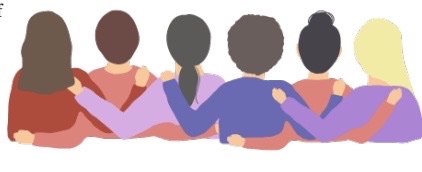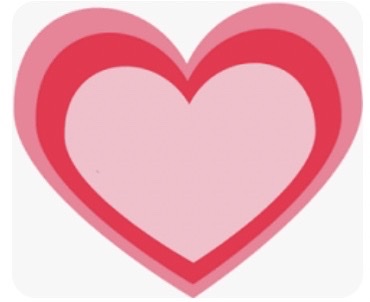I’ve had Instagram for a while now, and it is safe to say that I haven’t always had a healthy relationship with it. I’ve found myself frequently wondering whether it was at all possible to have a healthy relationship with social media. Therefore, in a panic to follow through with a New Year’s resolution, I decided to delete Instagram for one month. While I can admit I failed to last the full month, I am still proud to share that two weeks away from the app led to a shift in mindset. During my time away from Instagram, I tried to brainstorm how I was going to better my relationship with the app once I redownloaded it. I wondered, is the only way to have a healthy relationship with social media to delete it? Is it even possible to live a social media-free life in this day and age?
Before I get into how I chose to balance social media, let me begin by explaining why I deleted social media in the first place. My primary problem when it came to social media, and I think this goes for most teenagers, was comparison. I would find myself scrolling through others’ Instagrams, and even if I didn’t necessarily want to be like them, I found myself feeling like I had to be like them. This caused me to delete my own Instagram posts, in a desperate hope that I could portray an image of the person I wanted to be, or the person I thought others wanted me to be. After deleting my posts, I found myself worrying that others would find out I deleted my old posts, and the world would know that I, too, experience insecurities. While it may appear that I am just another overdramatic or self-obsessed teenager, I need you to understand that social media is a drug—an addictive drug that, when used inappropriately, can cause you to lose your sense of self.
What do I mean when I say social media is a drug? Well for starters, you need to understand the similarities between the dopamine produced by drugs and the dopamine produced by social media. When you like a story or read a validating comment on one of your posts, you receive a rush of dopamine. Do you know what else produces dopamine? Addictive substances like alcohol or cocaine. When dopamine is produced, whether it’s from social media or alcohol, our reward pathway (located in a region of the brain called the Basal Ganglia) gets activated. When these reward pathways get activated, a desire to repeat the action is created to recreate the first “good” feeling. For example, say you post on Instagram, and suddenly all your friends are complimenting your post by sharing comments, this most likely makes you feel good, which will make you more likely to want to post again in the future.
Once I was able to understand the drug-like role social media played in my life, I asked myself a question: do I want to obsess over this app for the rest of my life? When I pictured my future self, the last thing I wanted to imagine was mentally beating myself up over my own Instagram account. With the state of my future self as my motivator, I decided to plan a course to diminish my use of the app. At first, I tried deleting the app from my phone, and only using it through the web, however, I found myself using the Instagram website during school hours. Instead of beating myself up over my failure to meet my initial goal, I pivoted and decided that I would allow myself to use the app once a day. I have been able to maintain this rule for some time now. Through research, I learned that it takes a month to set a habit, and the first two weeks are always the hardest. So as long as I stay disciplined, the reward is worth the sacrifice.
Overall, if you or someone you know is struggling with a certain element of social media, know that you are not alone. While it can be hard to recognize addictive traits in yourself, think about the way the app makes you feel. If you feel stressed, jealous, or depressed, amongst other things, you may not be healthily using the app. Think about your future self, would that person want you to be doing this? If you are feeling this way, don’t feel bad about yourself, there are ways to overcome this.



